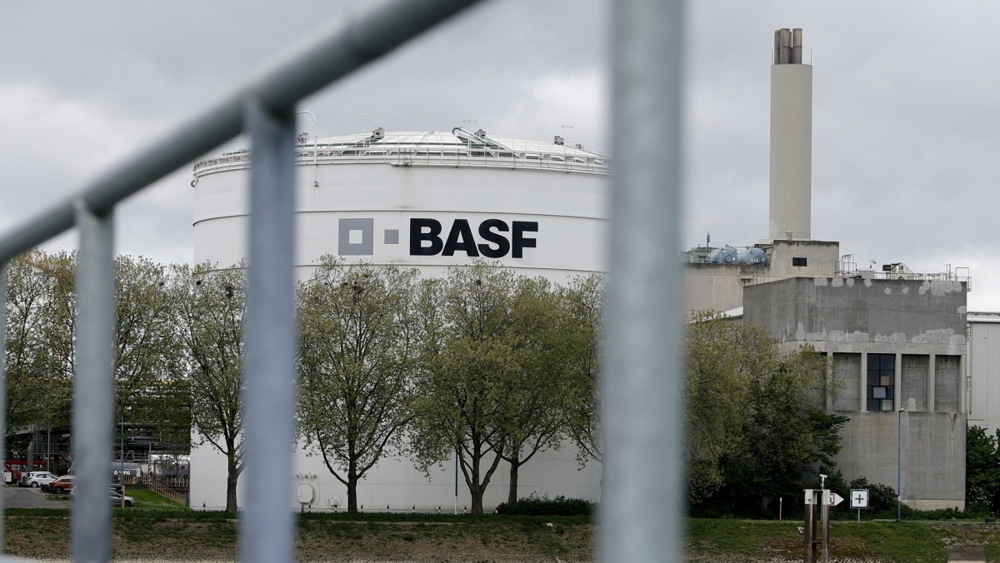The European Commission opened infringement procedures on Sept 26 against all but one of its member states. The procedures are for failing to comply with their EU obligations regarding renewable energy.
Letters of formal notice will go to 26 of the EU’s 27 member states telling them the commission has opened an infringement procedure against them.
The EU’s revised Renewable Energy Directive came into effect in November 2023. By July 1, 2024, members should have translated the directive’s clauses into national legislation.
Only Denmark has managed to do this before the deadline.
All the EU’s other member states now have two months to respond and implement the necessary changes. If the Commission is unhappy with the response, it may issue a “reasoned opinion” on it. That is a formal request they comply with EU law.
If members continued not to comply at that point, they could face lawsuits and financial penalties.
The measures which Denmark has adopted in national legislation, and the EU’s other members have not, include steps to “simplify and accelerate permitting procedures both for renewable energy projects and for the necessary infrastructure projects to integrate the additional renewable energy into the electricity system.”
They also include setting specific deadlines for granting permits for particular technologies or project types.
Other clauses that need to be passed into legislation include establishing a single point of contact for applications and setting a national goal that the construction of renewable energy projects and their associated grid infrastructure can bypass certain rules regarding public planning objections.
The European Commission in an announcement called on member states “to transpose agreed rules to accelerate permitting procedures for renewable energy projects.”
Its aim is to coax the member states into making it easier and faster to get permission to build renewable energy projects.
There is a wide range of reasons why different member states currently lag behind EU deadlines for translating different EU directives into national legislation.
Ireland and Austria for example, needed to fully transpose the provisions of a directive on restructuring and insolvency. This involved moving to use electronic means of communication in insolvency, restructuring, and debt discharge proceedings.
Spain, on the other hand, needed to fully transpose a work-life balance directive.
Seventeen member states needed to implement a corporate sustainability reporting directive.
Portugal and Slovakia are required to implement laws limiting the use of specific hazardous chemicals in electrical and electronic equipment.
A French court has ruled in favor of local residents and environmental groups, ordering a controversial seven-turbine wind farm to be demolished after causing damage to bird wildlife including the rare Golden Eagle.#ProtectedBirds #France https://t.co/NAq452gRyI
— Brussels Signal (@brusselssignal) December 13, 2023





